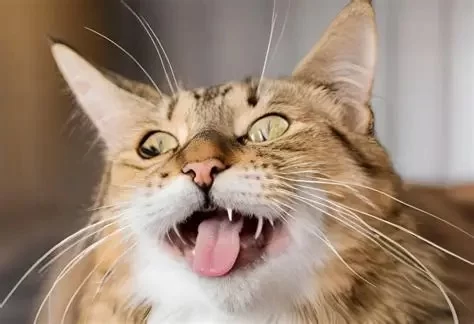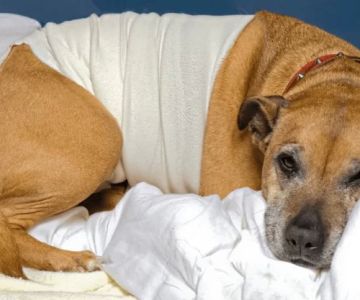Understanding Cat Excessive Vocalizing and Pacing: Causes and Solutions

Related Articles

How to Deal with Pet Anxiety After Surgery
Dec 15, 2025

Can CBD Oil Help With Pet Anxiety? What Pet Owners Should Know
Dec 13, 2025

Best Calming Products for Cats With Anxiety
Dec 07, 2025

The Role of Diet in Managing Pet Anxiety – How Nutrition Affects Your Pet's Mental Health
Dec 07, 2025

How Long Does It Take to Treat Pet Anxiety? A Complete Guide for Concerned Owners
Dec 06, 2025

Best Toys for Pets with Anxiety — Help Your Pet Relax and Feel Secure
Dec 06, 2025

How to Help a Dog with Social Anxiety Around Strangers
Dec 05, 2025

Best Calming Products for Pets With Anxiety Issues
Dec 04, 2025

Best Anxiety Relief Methods for Senior Dogs
Dec 03, 2025
Subscribe to Our Newsletter
Get weekly pet care tips, vet-approved advice, and updates on nearby pet stores and clinics.
